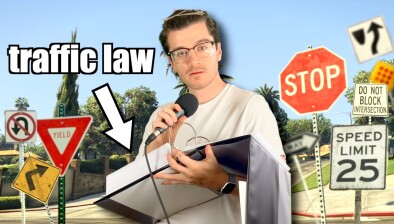Asylum seekers’ right to work ‘undermined’ by driving license ban

Asylum seekers’ right to work is being undermined because they are denied access to driving licenses, the Irish Human Rights and Equality Commission (IHREC) has said.
The rights watchdog made the remarks following a Dublin Circuit Court ruling which confirmed that a single mother living in a rural Direct Provision centre is legally blocked from accessing a learner driver permit by the national driver’s license agency’s current regulations.
The commission, which has provided legal representation to the woman, said the ruling immediately and negatively impacts on all asylum seekers who want to improve their employment prospects by being able to drive.
The asylum seeker in the case was the holder of a full driving licence in her country of origin. She requested a learner’s permit, so that she could learn to drive with a view to accessing better employment opportunities and childcare facilities. At present, she undertakes a costly and lengthy bus and rail commute with her infant from Munster to Dublin.
The Workplace Relations Commission (WRC) ruled in February that the Road Safety Authority’s (RSA) refusal to provide her with a license was discriminatory, but the Circuit Court ruling has overturned that decision.
Sinéad Gibney, chief commissioner of the Irish Human Rights and Equality Commission, said: “Today’s ruling sets out that the manner in which the RSA applies the driving licence regulations blocks absolutely all asylum seekers from accessing any form of driving licence.
“The commission considers that this undermines the Supreme Court’s recognition that asylum seekers have the right to work, and that being able to access work is fundamental to a person’s dignity.
“It is now time for the Government to finally and emphatically address the issue of asylum seekers access to driving licenses.
“We all recognise that being able to drive is a significant enabler for accessing and securing employment, and the dignity that being able to work and earn a living affords. Barriers such as this one tie people’s hands in the competition to secure work, especially in rural areas where frequently people in Direct Provision are placed.
“In response to today’s ruling, the Commission is calling for the Government to take action to remove this barrier to people seeking to exercise their right to work for their own dignity, and in many cases their family’s livelihood.”








